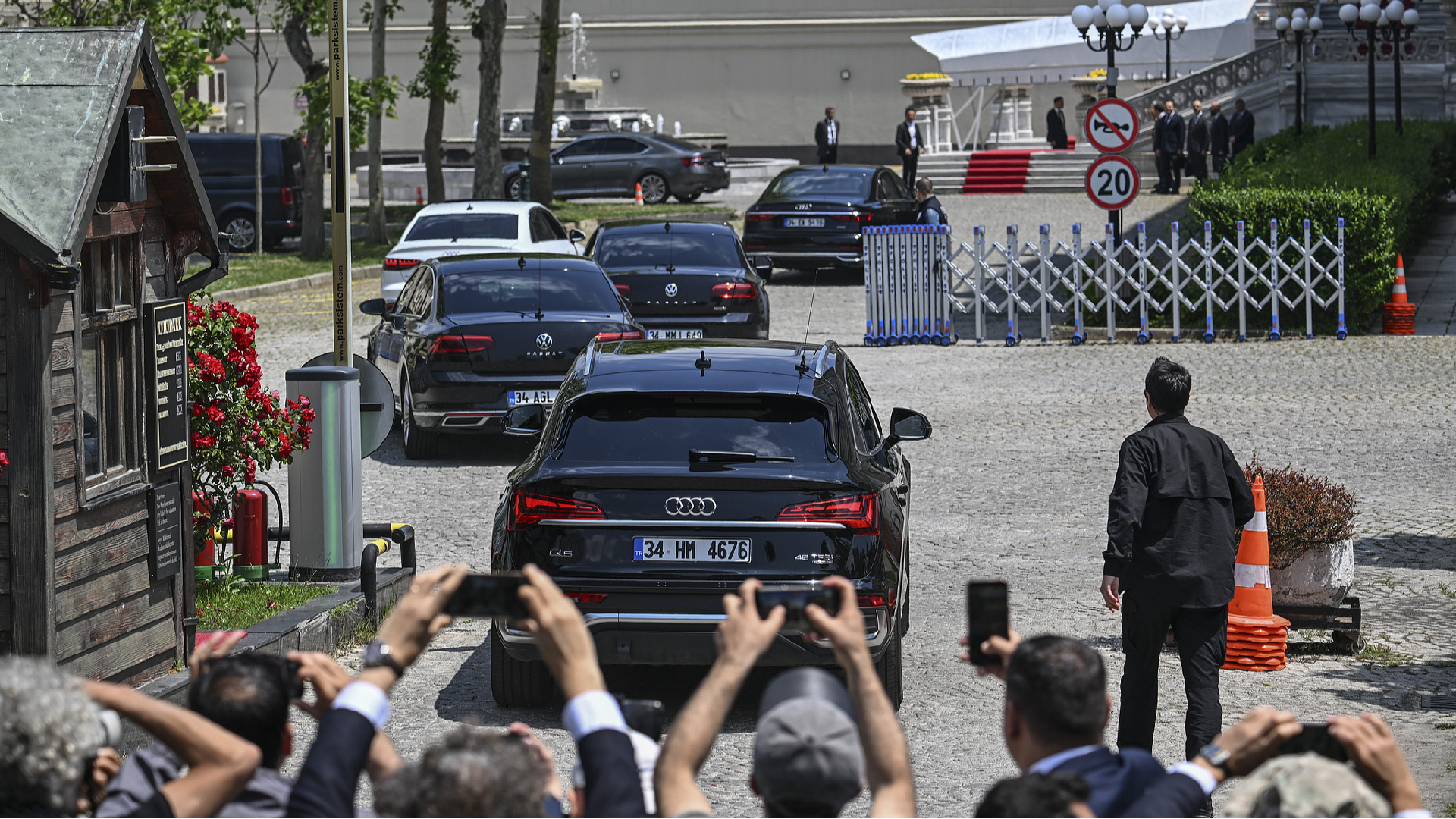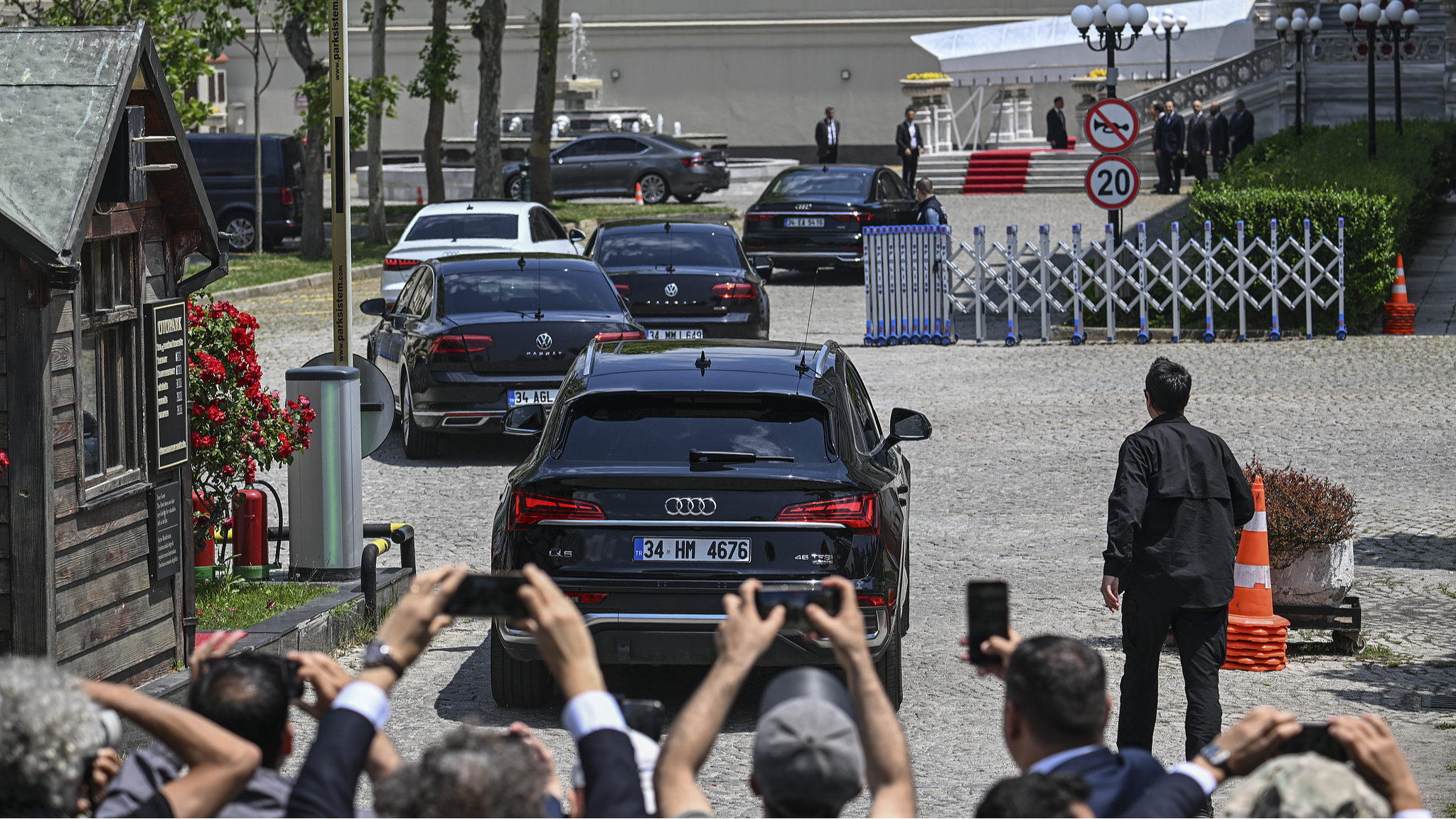Ukraine and Russia Resume Peace Negotiations in Istanbul to Seek Diplomatic Resolution
Ukraine and Russia restart peace negotiations in Istanbul, signaling renewed efforts to resolve ongoing conflict.


Ukrainian and Russian delegations converged in Istanbul on Monday, resuming high-stakes peace negotiations in a bid to end the grueling conflict between the two nations. The meeting, held at the historic Ciragan Palace along the Bosporus, opened with remarks from Turkish Foreign Minister Hakan Fidan, who reiterated the urgency of finding a diplomatic resolution. Footage broadcast earlier captured the arrival of the delegations, signaling heightened international attention and hope for a breakthrough.
The Ukrainian team, led by Defense Minister Rustem Umerov, has laid out a comprehensive roadmap for peace. The draft proposal reportedly includes several key demands: Ukraine seeks to maintain full military sovereignty after any deal, rejects any global recognition of Russian control over territories seized since the outset of hostilities, and calls for substantial reparations from Moscow. Notably, the location of current front lines is set to serve as the basis for further negotiations on sensitive territorial disputes.
Representing Russia at the talks is Kremlin aide Vladimir Medinsky, who is expected to participate in several closed-door sessions. However, uncertainty lingers over which other officials will engage directly, underlining the tense and confidential nature of the discussions. The Russian side is anticipated to bring forward a memorandum drafted by Moscow, outlining its own vision for a potential accord. Russian President Vladimir Putin previously indicated that ceasefire talks would occur only after the completion of such a document, maintaining a firm stance even as Kyiv publicly stressed its willingness to negotiate.
The renewed dialogue comes amid escalating violence on both sides. Over the weekend, Ukraine conducted one of its most far-reaching assaults of the war, reportedly striking Russian long-range bomber facilities in Siberia—facilities believed capable of carrying nuclear weapons. In retaliation, Russian forces launched 472 drones at targets across Ukraine, marking the largest single-night attack of the conflict according to Ukrainian military sources. The intensity of these exchanges underscores the high stakes and fragile backdrop against which negotiators are operating.
Although the first round of Istanbul talks on May 16 yielded a significant prisoner exchange—the largest to date—it failed to produce either a ceasefire or meaningful progress toward a final settlement. With each side firmly asserting its opening positions, the latest round of talks is widely viewed as a critical opportunity to bridge divides and halt the devastation. Nonetheless, observers remain cautious, noting that deep disagreements persist, particularly regarding territory and security guarantees.
As the delegations reconvene, the world watches closely, mindful that the outcome of these discussions could shape not only the fate of Ukraine and Russia but also the wider regional order in Europe. Whether these renewed efforts will mark a turning point remains uncertain, but the pressure to achieve tangible results has never been greater.




